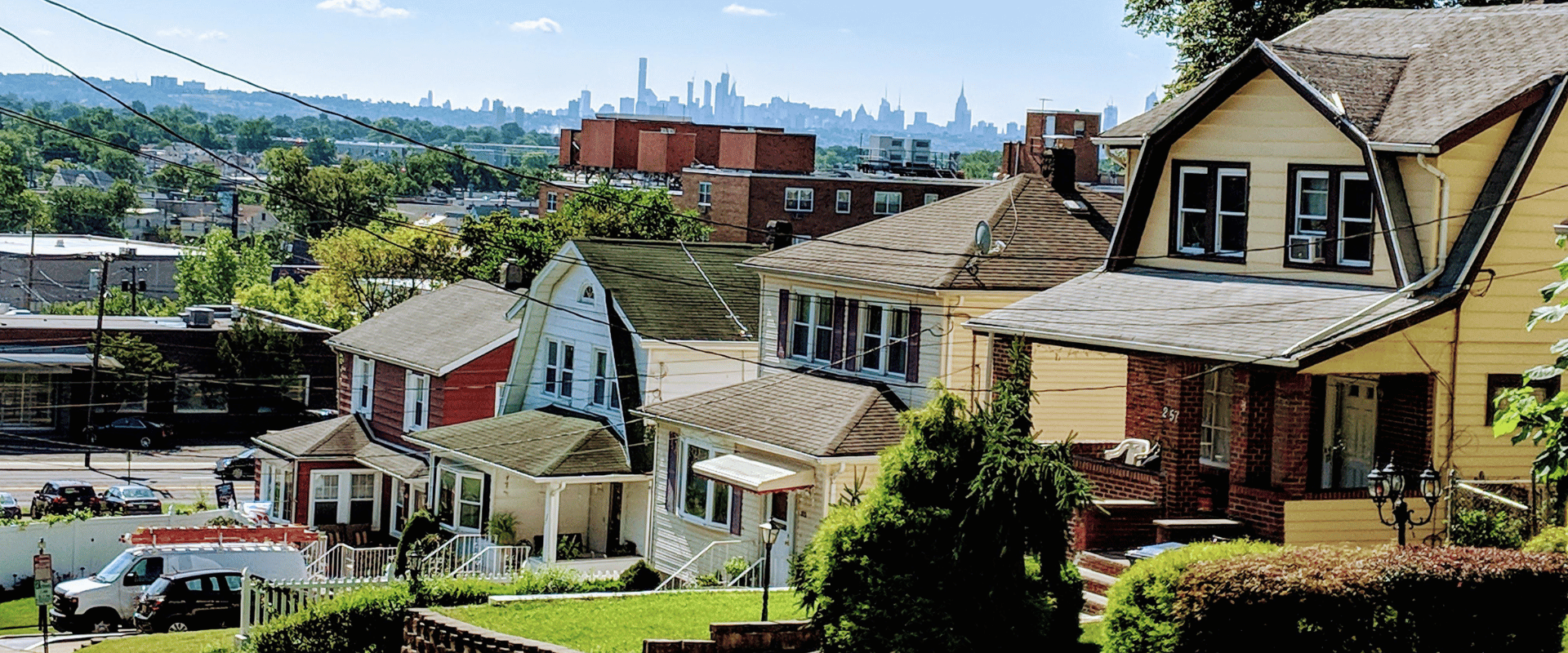Inheriting a home can be a complex experience – a mix of handling valuable property and coping with the loss of a loved one. If you’re wondering what steps to take next, understanding the tax implications of selling an inherited property can greatly influence your decision. A knowledgeable tax professional can apply the tax laws in a way that minimizes your financial burden. This can make the process feel far less daunting. Here are some of the most common tax consequences attached to selling an inherited home in New York.

Tax Consequences when selling a house I inherited in New York
Calculation of basis
When it comes to understanding the tax implications of your inherited home, it’s important to delve into the details of how basis is calculated. In basic terms, basis refers to the cost of the asset that is used to determine capital gains and other related taxes. Specifically, in the state of New York, when an individual passes away, the value or basis of their property is adjusted to its market value at the time of their death. To illustrate this further, let’s consider an example: if the deceased individual purchased the home 20 years ago for $25,000, but the market value of the property was $100,000 at the time they passed away, it is this latter amount that is taken into account for the purpose of calculating capital gains. By taking into consideration these intricacies, you can gain a clearer understanding of how your inherited home impacts your tax obligations.
Taxation of gains/losses
Capital gains or losses are profits or losses generated from the sale of property that is used for personal or investment purposes. This can encompass a wide range of assets, including houses, furniture, and various other items. For instance, if you happen to sell an inherited home in New York, the resulting transaction would be classified as a capital gain or loss for income tax purposes. It’s worth noting that in order to qualify for potentially lower rates of long-term capital gains, it is generally required that you have held the property for a minimum of two years. Taking this into account allows for a more comprehensive understanding of the complex world of capital gains and the potential tax implications involved.
Reporting the sale
Upon selling an inherited home, you have to report it for the income tax purposes. You should first calculate your capital gain or loss. This is done by subtracting the basis from the sale amount. You should then report that amount to the necessary authorities.
Inheriting a home can be stressing given the fact that you have new property to take care of and pay taxes for … You should go through the probate process in New York as the first step to selling this home. The court will then authorize you to proceed as you wish. If there are any other individuals involved in the inheritance, you should first agree with each other on that decision. You can then file a petition requesting the court to allow you to sell the property.
If you’re wondering about the tax implications of selling an inherited house in New York, look no further. Consider the capital gains or losses from the sale and how much tax you’ll owe. For a smooth and legal home sale, get in touch with Sell Now Homebuyers at 914-559-2579. As local experts in New York’s real estate market, we’ll guide you through the process and answer all your questions.
Selling an inherited house can alleviate a significant burden, although the process can be stressful. Understanding the tax consequences is especially important. Opting to sell the property to an investor offers a straightforward and expedited process. If you’re considering selling your home in New York, feel free to reach out to us. We have helped hundreds of people navigate this process, and we can help you, too.

